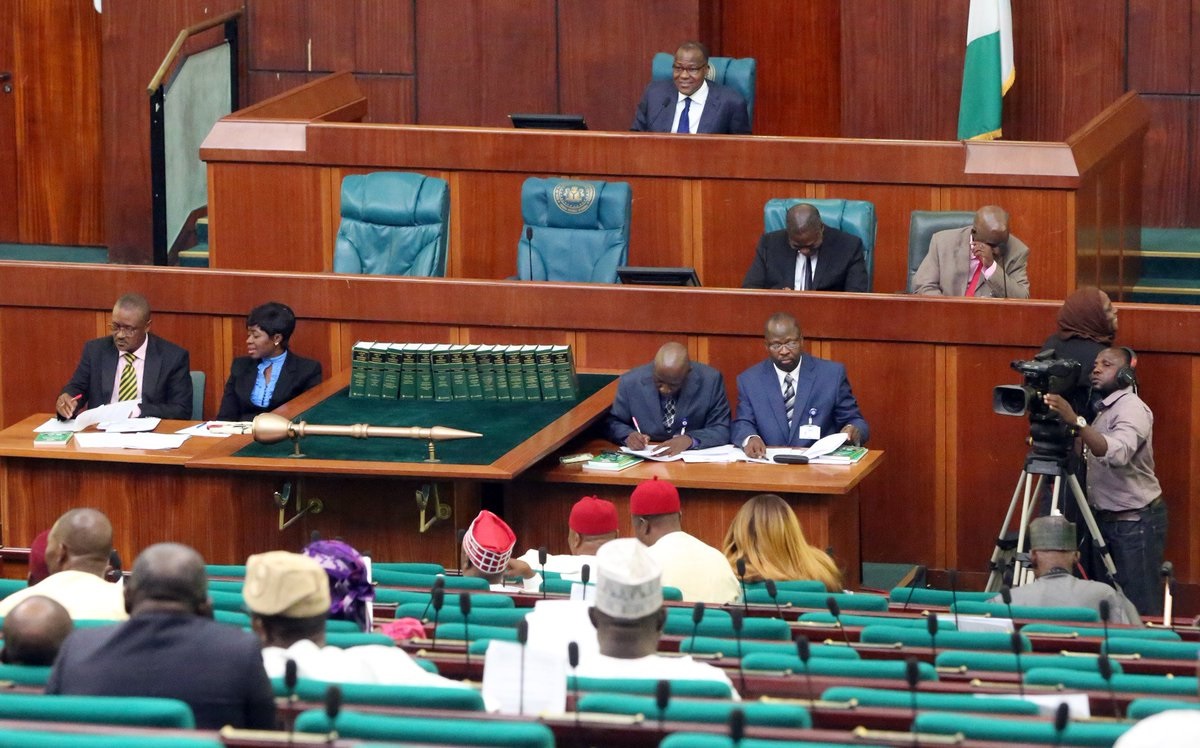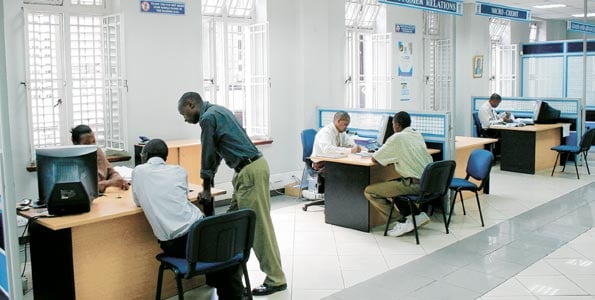Jalal Arabi, permanent secretary, state house, has attributed the lack of drugs at Aso Rock clinic to free medical treatment by those who are not entitled to it.
He also said some medical personnel who no longer render services in the hospital have been getting allowances.
Arabi said the doctors, sponsored by the state house, on residency programmes (usually for a two-year duration) were paid call duty allowances “even though they are no longer performing call duties at the medical centre”.
He hinted that the resources of the clinic had been overstretched.
Advertisement
Arabi spoke when he appeared before the house of representatives ad hoc committee probing the deplorable state of the clinic
TheCable had reported that the clinic lacks basic medical equipment and drugs such as syringe, paracetamol, cotton wool.
Aisha, wife of President Muhammadu Buhari, had also lamented over the poor state of the facility.
Advertisement
The house of representatives subsequently passed a resolution to set up a committee which will probe how the N10.9 billion said to have been released to the clinic from 2015 to 2017, was spent.
But Arabi said contrary to reports, the clinic got about N3.5 billion from 2015 to 2017.
He said even though some of the state house workers did not enlist in the clinic’s National Health Insurance Scheme (NHIS), 80 percent of their families enjoy free medical services, at the expense of the government
“The state house reached an agreement with HMOs with regard to the remittance of all NHIS payments in respect of state house staff whose NHIS point is the State House Medical Centre,” he said.
Advertisement
“It is instructive, however to note that whereas almost 80% of the personnel serving in the state house access medical services at the State House Medical Centre, only about 20% of them selected the medical centre as their NHIS point.
“The implication of the foregoing is that, whereas they access free medical services at the centre, their respective NHIS contributions go to those medical facilities they selected as their providers, even though they do not go there for any medical service. This explains the quick depletion of the drugs and other consumables due to the very high number of patients being attached.
“Sadly, some of them (the doctors) were discovered to have spent close to seven years doing residency, with many changing institutions, as they fail to qualify, in view of the fact that paying doctors on sponsored training call duty allowance was considered unearned allowances,” he said.
“IPPIS (OAGF) was advised to cease paying them such allowances pending their return to duty from training. This has however become controversial and we are reviewing with the assistance of the federal ministry of health who are guiding us appropriately.”
Advertisement
Add a comment







